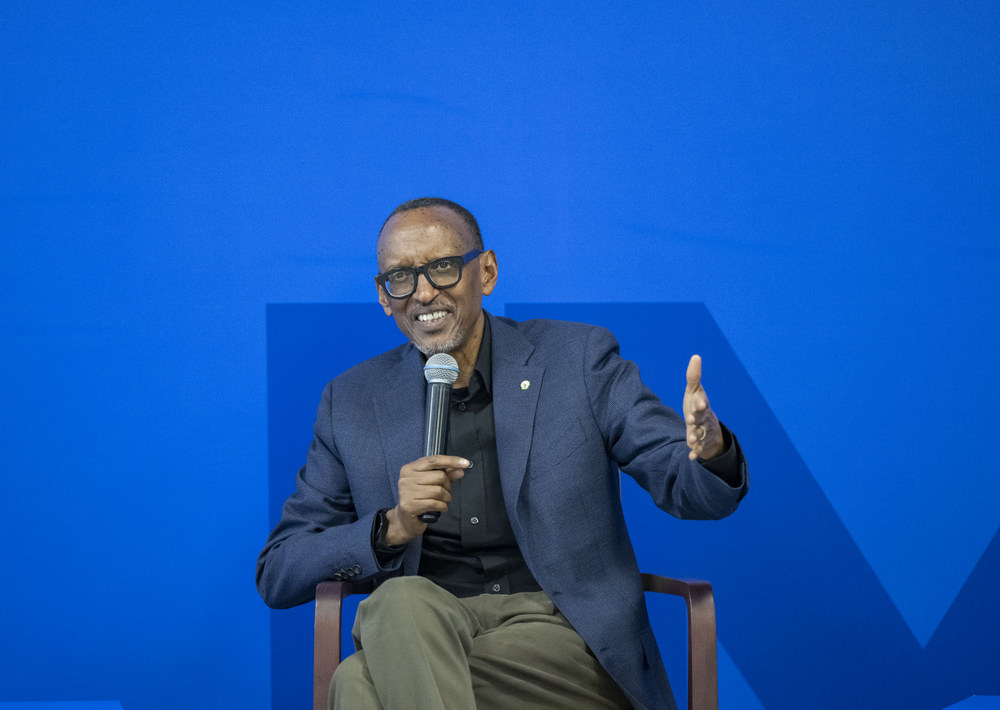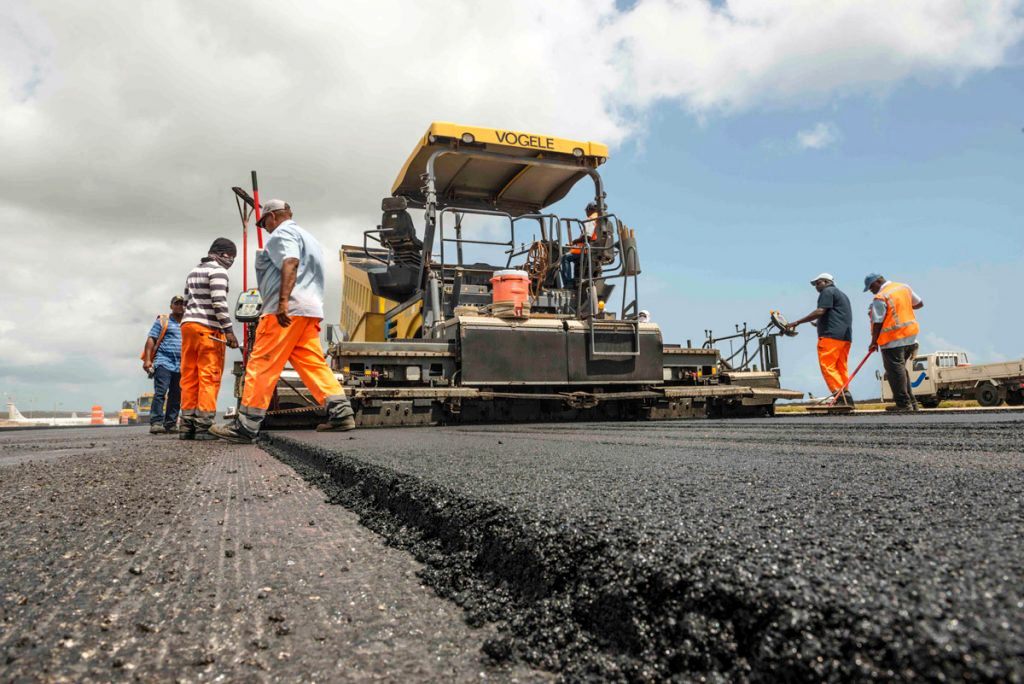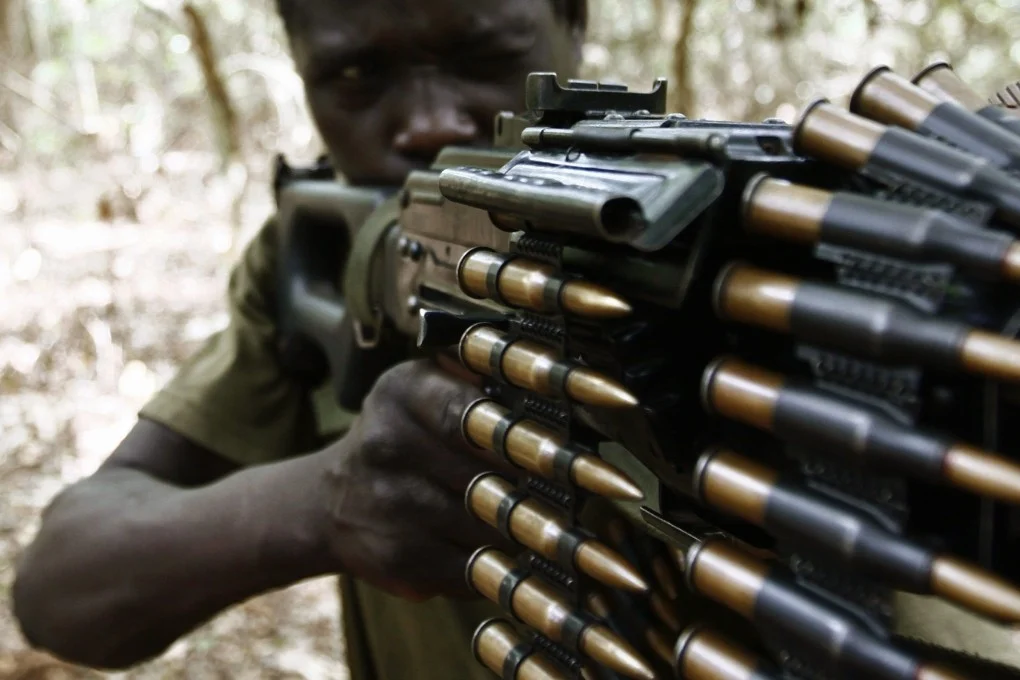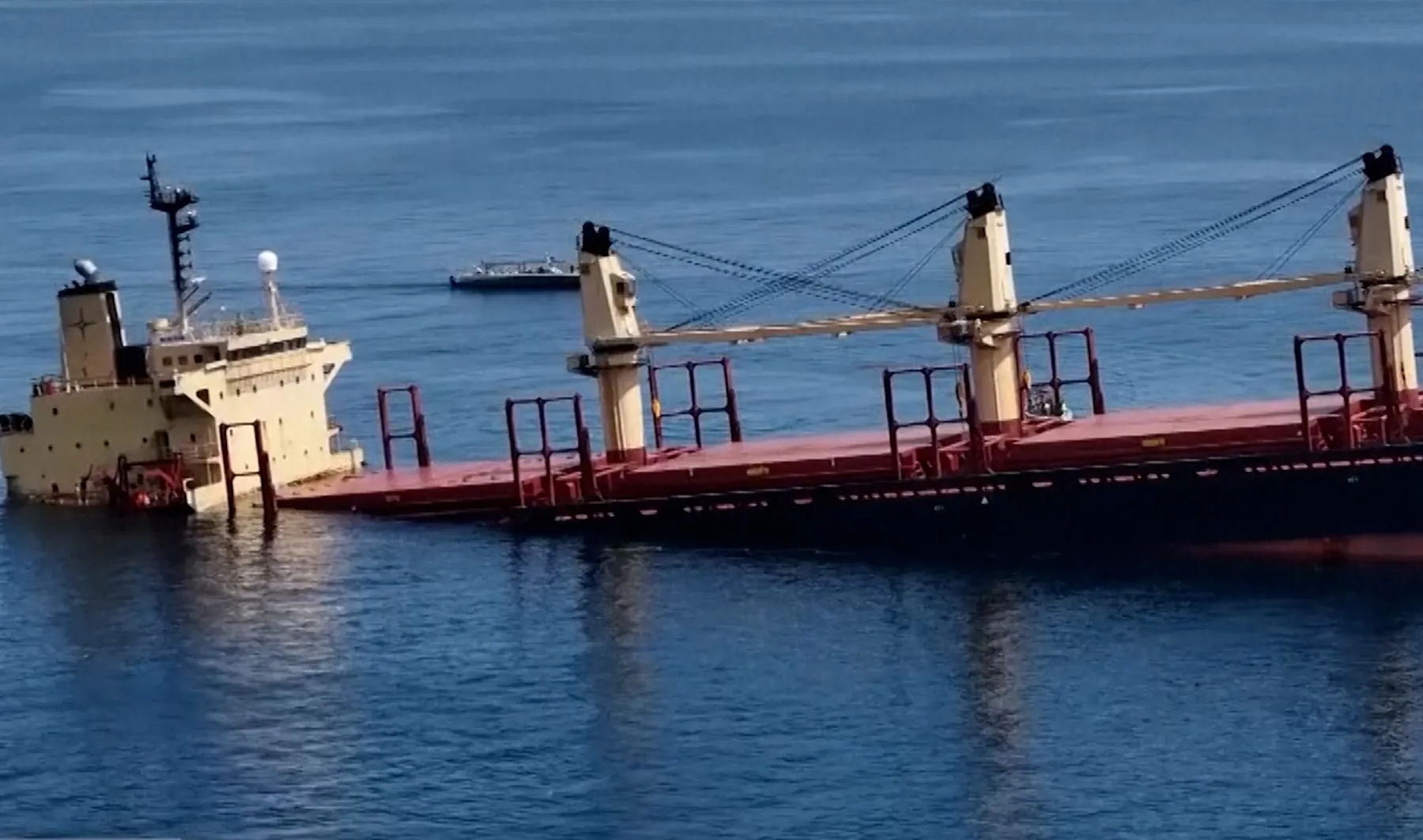Opinion | Mdadisi Mmoja, Nairobi
In an undated online video, Rwandan President Paul Kagame reveals behind-the-scenes moves that led to Félix Tshisekedi’s presidency in the Democratic Republic of the Congo (DRC). Kagame, noted for his blunt candour, claims Tshisekedi’s rise was orchestrated in backroom dealings, where powerful figures saw him as the most pliable for furthering interests tied to Congo’s resources.
He named ex-Kenyan President Uhuru Kenyatta, Egypt’s President Abdel Fattah el-Sisi, and South Africa’s President Cyril Ramaphosa as central in the process. In his direct style, Kagame’s remarks sent shockwaves through East Africa, exposing a web of political and economic interests.
Tshisekedi was sworn in as president on 24 January 2019. His December 2018 win was clouded by claims of electoral fraud. He was re-elected in December 2023 and took office again on January 20, 2024, amid new rigging allegations. These repeated controversies lend weight to Kagame’s claim that Tshisekedi’s presidency was engineered, not a democratic success.
The revelations have proved particularly awkward for some European leaders, who have consistently accused Rwanda of destabilising eastern DRC to secure security and economic advantages. The irony is stark: while Western powers chastise Kigali, Kagame’s disclosure suggests that other African leaders, among them Uhuru Kenyatta, were equally instrumental in shaping Congo’s leadership for their own ends. This upends the familiar narrative of Rwanda as the region’s ‘spoiler’, instead exposing a wider geopolitical chessboard where Congo’s mineral wealth , specifically, cobalt, gold, and coltan, remains the ultimate prize.
For Kenyans, Kagame’s words cast a long shadow over Uhuru Kenyatta’s legacy. Once hailed as a champion of East African integration, his alleged involvement in Congo’s political engineering threatens to tarnish his later image as a peace envoy. Was Kenyatta a quiet broker in Tshisekedi’s rise, helping secure external access to Congo’s resources? And what of Sisi and Ramaphosa, whose countries maintain their own interests in Africa’s resource markets? These are uncomfortable questions that Kagame’s disclosure has forced into the open.
The DRC, long plagued by the paradox of resource wealth fuelling instability, continues to bear the cost of these hidden interventions. Kagame’s explosive remarks, while controversial, highlight an enduring truth: Congo’s destiny has often been shaped by external hands, both African and Western. For Kenyans, this moment demands reflection. Does our leadership’s involvement in such opaque dealings align with our values of sovereignty and fairness?
Kagame’s unfiltered exposé is more than a diplomatic embarrassment; it is a wake-up call for transparency in a region too often manipulated by Western powers.
[/full]





